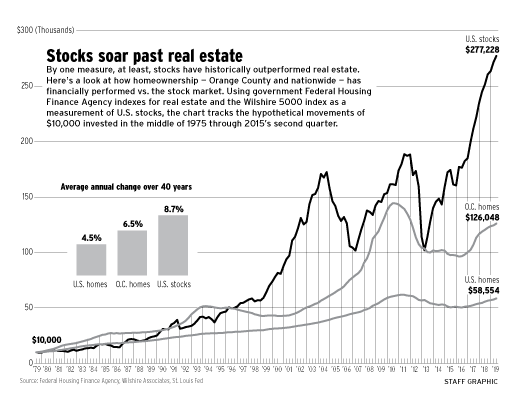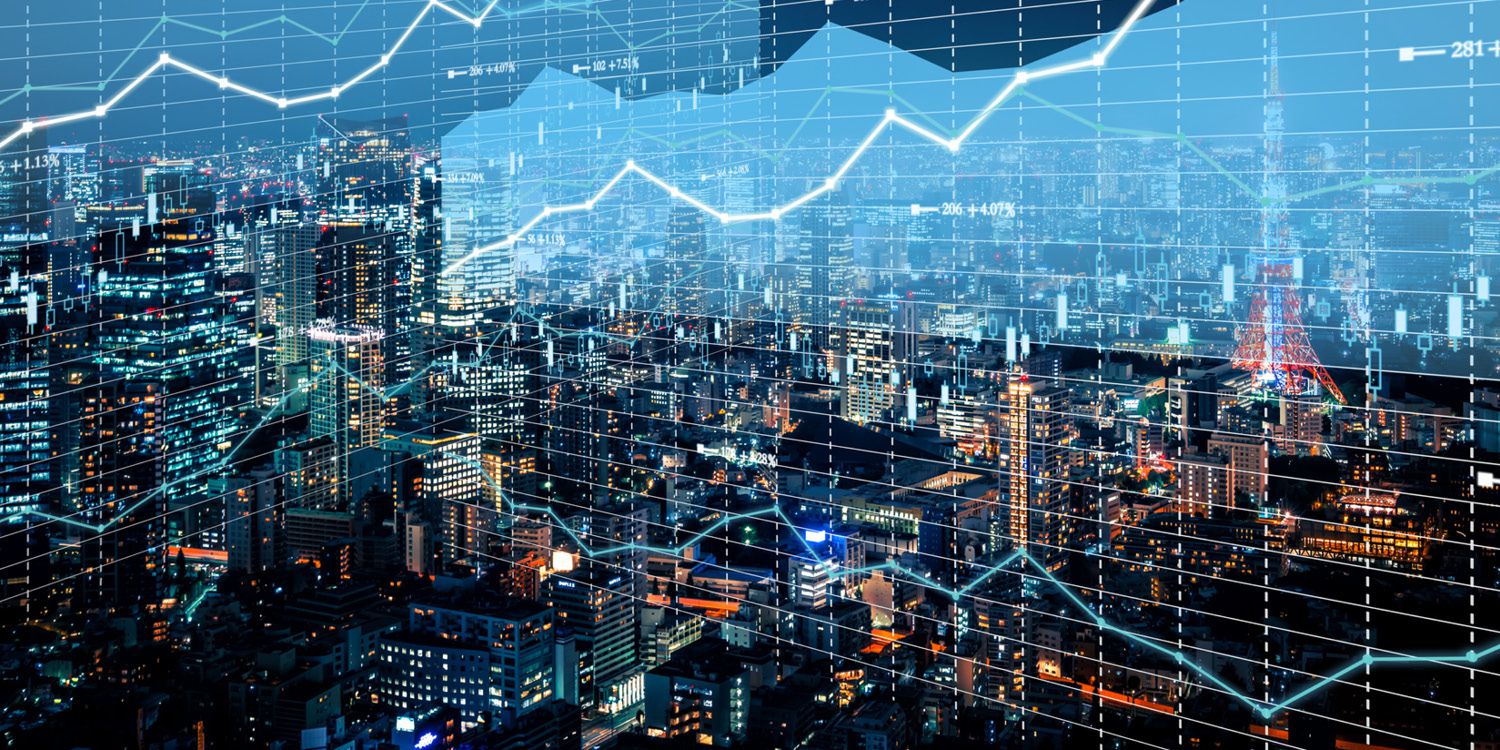The past may not be a prologue for financial markets as the US economy continues to recover from the pandemic. The fall of the Turkish lira by 30% in November alone warned financial markets of the danger of a crisis in emerging markets.
For many years it was assumed that the world’s second largest economy was about to experience a severe economic downturn, but this did not happen. Instead of focusing on how vulnerable US and global financial systems are to a potential explosion in the global asset price and credit bubble, too many are worried about the risk of a return to the inflationary disasters of the 1970s. After the turmoil of the past two years, economic experts agree that 2022 will be a calmer year.
This makes today’s widespread complacency about the risk of an economic recession in 2022 all the more surprising given that we appear to be on the verge of a two-factor reversal. We may see a stock market crash in 2022 and one of the following 10 factors could be the catalyst that triggered it.
If the Federal Reserve avoids an excessive recession, it risks not reducing inflation at all. If the Fed avoids a recession in 2023, then it expects a bigger crash in 2024 or 2025.
At best, the country’s central bank will be able to slow down the economy enough to reduce inflation, but not too much to cause the economy to contract, unemployment to rise, and a subsequent recession to follow. The Fed never knows exactly how the economy will react if it steps on the pedal or backs off. The concern is that as the Federal Reserve is now catching up with inflation, it could make the mistake of withdrawing support for the US economy too quickly, leading to a recession. The Federal Reserve will soon begin to reduce the quantitative stimulus of the Federal Reserve, and by mid-2022 will begin to raise short-term interest rates.
If copper were such a good early economic indicator, one would expect it to peak before the economy slides into recession. Just look at the chart below and for almost every oil price spike you can find a corresponding recession/crisis happening somewhere in the world. My reference to the oil-driven recession reflects the belief that a -1.78% increase in the price of CL00 oil is bad for the economy.
Rising energy prices have a well-documented history of the financial crisis. The debate continues about whether brewing will lead to a financial crisis or whether the authorities will be able to manage the downturn in a controlled way. In this context, markets seem overly pleased with the risks to the global economic recovery associated with the current surge in the micron option and a possible sharp slowdown in the Chinese economy after severe difficulties in its real estate sector.
One is the large amount of money printed by the world’s largest central banks, and the other is the strength of the global economic recovery after the COVID-19 low in March 2020. China’s home sales are down nearly 50% year-over-year. in 2022, and the level of debt and investment, dependent on a strong housing market, is a significant part of not only China’s GDP, but also global GDP. Confidence in Argentina, another large emerging market country that is considered a high-risk country, is also low.
The chart shows that financial markets expect significant losses for German financial institutions and the broader economy over the next decade. Figure 1 shows the worst day of the 1914 systemic crisis for March 2020, January 1, 2022, and March 8, 2022, July 2020 to July 2022, and the market’s response to the S&P P500, DAX and Deutsche Bank’s concerns.
Many people may still be feeling the lingering effects of the 2020 Covid recession, but so far the UK economy has posted a remarkable ‘V-shaped’ recovery. The UK economy is recovering well from the recession caused by the pandemic last year. In 2020, economic activity has contracted in 90% of countries, the global economy has contracted by about 3%, and global poverty has increased for the first time in a generation.
2022 begins with inflation, which for the first time in four decades has become a serious economic problem. On the eve of the 2008 recession, the bubble was largely confined to the U.S. housing and credit markets. Stocks fell again on Monday as worries about inflation, rising oil prices and ongoing tensions with Russia fueled economic worries in global markets. Markets edged lower in early trade as investors reacted to a government jobs report that showed employment in the U.S. economy was well below expectations in December.
The most immediate threat is that Russia could react by reducing gas exports to Europe, causing an immediate economic crisis in energy-dependent economies, especially in Germany. Changes will remain if Russia decides to respond by cutting off gas supplies to Europe, and even if Russia does not, the longer the First World War lasts and the tougher Western sanctions against Russia, the worse the system in the financial and real economy will be. In our view, Russia will be able to divert many of its shipments of goods to countries that have refrained from sanctions, many of which were already much more important export markets for Russia. Wells Fargo’s chief agricultural economist said Ukraine is likely to be severely constrained in Ukraine’s ability to plant crops in spring 2022 and lose a crop year, while Russia’s crop embargo will lead to higher food price inflation.
At the same time, sanctions will not only undermine the West’s hold on the global financial architecture, but will also increase the diversity of systems, which will reduce long-term global systemic risk.
Helpful Links:
Homepage
About
Contact
Personal Development Partner





